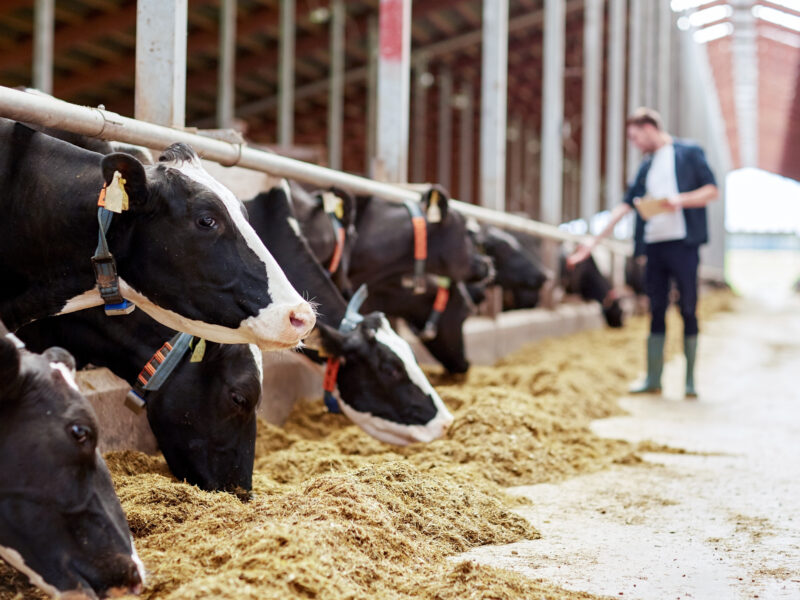Animal agriculture has become a dominant industry, providing us with an abundance of meat, dairy, and other animal products. However, the environmental and public health consequences of this industry cannot be ignored. From deforestation to greenhouse gas emissions and the rise of antibiotic resistance, animal agriculture poses significant challenges. In this blog post, we will delve into the impact of animal agriculture on the environment and public health.
The environmental impact of animal agriculture:
Animal agriculture is a major contributor to environmental degradation. Here are some key impacts:
- Deforestation: Large areas of forests are cleared to make way for livestock grazing and feed crop production. This deforestation destroys vital habitats, reduces biodiversity, and contributes to climate change.
- Greenhouse gas emissions: Animal agriculture is a significant source of greenhouse gas emissions, including methane and nitrous oxide. These gases contribute to climate change and global warming.
- Water pollution: Animal waste, antibiotics, and pesticides used in animal agriculture find their way into water bodies, polluting rivers, lakes, and oceans. This pollution harms aquatic ecosystems and affects human and animal health.
- Land and resource use: Animal agriculture requires vast amounts of land, water, and feed. This puts pressure on natural resources and exacerbates issues such as water scarcity and land degradation.
The public health impact of animal agriculture:
Animal agriculture also has implications for public health. Here are some notable concerns:
- Antibiotic resistance: Antibiotics are often used in animal agriculture to promote growth and prevent diseases in crowded and unsanitary conditions. This misuse contributes to the rise of antibiotic-resistant bacteria, posing a threat to human health.
- Zoonotic diseases: Intensive animal farming provides ideal conditions for the spread of zoonotic diseases, which can pass from animals to humans. Examples include avian influenza (bird flu) and swine flu.
- Chronic diseases: A diet high in animal products, particularly red and processed meats, has been linked to an increased risk of chronic diseases such as heart disease, stroke, and certain cancers.
- Air pollution: Concentrated Animal Feeding Operations (CAFOs) release pollutants into the air, including ammonia and hydrogen sulfide. These emissions can have negative respiratory effects on nearby communities.
What can we do?
Addressing the environmental and public health impacts of animal agriculture requires collective action. Here are a few steps we can take:
- Reduce meat consumption: Consider reducing your consumption of animal products and opting for more plant-based alternatives. Small changes in our diet can make a significant difference.
- Support sustainable farming practices: Choose products from farms that prioritize animal welfare, use sustainable farming methods, and minimize environmental impact.
- Advocate for policy changes: Support policies that promote sustainable agriculture, stricter regulations on animal welfare, and efforts to reduce the environmental footprint of the industry.
Conclusion:
The impact of animal agriculture on the environment and public health is undeniable. From deforestation and greenhouse gas emissions to antibiotic resistance and chronic diseases, the consequences are far-reaching. By making conscious choices about our diet and supporting sustainable agricultural practices, we can contribute to a healthier planet and better public health.
~ Your Neighborhood Health Dealing Nutritionist & Chef ~ K
Looking for a reset to your digestive system this season? My new book “Juice Your Way to a Spring Time Glow” is the perfect way to detox and refresh your body. Order your copy today on Amazon and get ready to glow from the inside out.



 The Impact of Food Packaging on the Environment and How to Reduce It
The Impact of Food Packaging on the Environment and How to Reduce It

